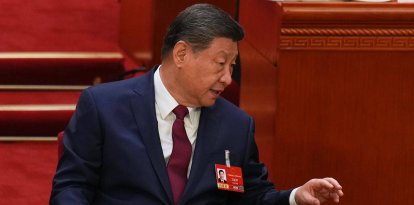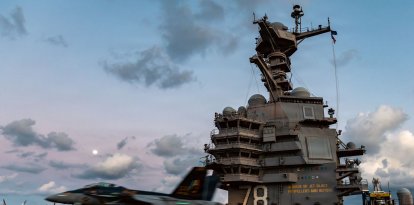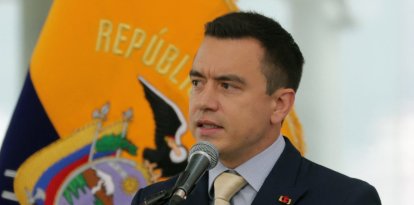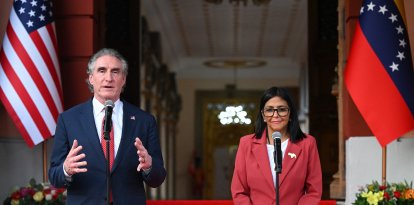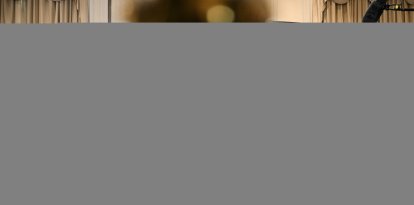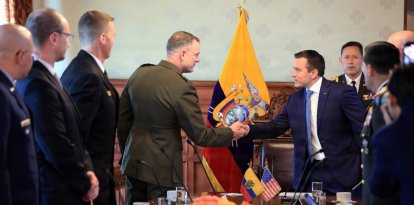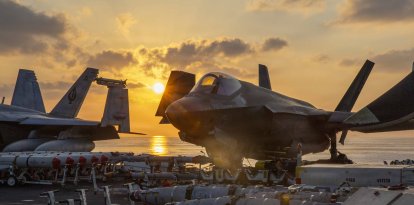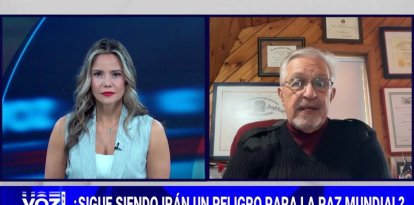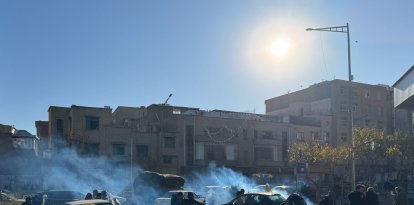The EU imported 18% more Russian liquefied natural gas in 2024
France, Spain and Belgium accounted for 85% of total imports. Revenues that the Kremlin uses to improve its arsenal and continue its aggression against Ukraine.

Tanker transporting Russian liquefied natural gas.
The European Union (EU) countries increased their imports of liquefied natural gas (LNG) from Russia in 2024, financially benefiting the Kremlin, which allocates that money to its relentless aggression against Ukraine.
Specifically, Russia delivered 18% more of this fuel to the EU, which spent €7 billion (just over $7.3 billion), according to a report by the think tank Institute for Energy Economics and Financial Analysis (IEEFA).
Since Russia's invasion of Ukraine began on February 24, 2022, the European community has spent €30 billion (about $31.3 billion) on Russian LNG. At the same time, the community boasts of all the "large-scale and unprecedented" economic sanctions it has imposed on Moscow since the start of the conflict.
France leads EU spending
Among the 27 countries that make up the EU, the one that spent the most money on Russian LNG in 2024 was France (€2.68 billion or $2.8 billion), followed by Spain (€1.84 billion or $1.92 billion) and Belgium (€930 million or $970 million). The three account for 85% of European imports in Russian fuel.
"France spent some €2.68 billion on Russian LNG [in 2024], more than any other EU country," stressed Ana Maria Jaller-Makarewicz, IEEFA analyst and author of the report. The Netherlands, Sweden, Greece and Finland are other nations in the community that made a significant outlay on Russian fuel.
In the case of France, despite being the biggest disburser of Russian LNG, it allocated more money to militarily assist Ukraine (€6 billion or about $6.26 billion). But Spain did the opposite: 'only' sent €570 million (almost $600 million) to Kiev.
In total, the EU spent some €35.9 billion (about $37.5 billion) on LNG. Almost half came from the United States (€16.2 billion or about $16.9 billion), followed by Russia and Qatar (€3.7 billion or $3.86 billion).













